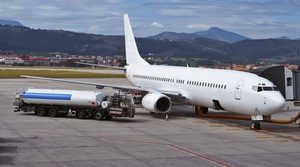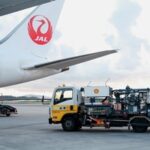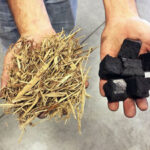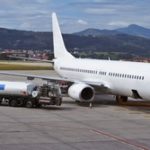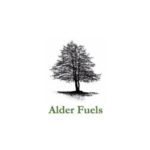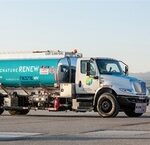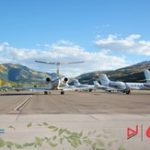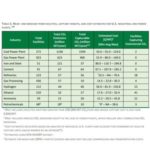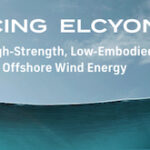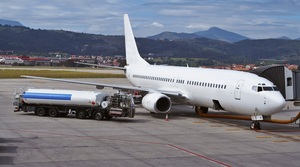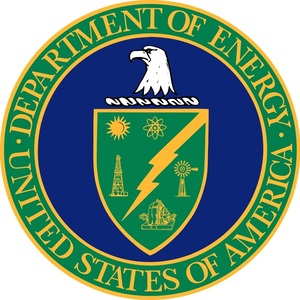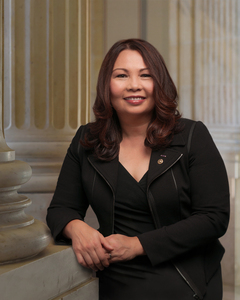Japan’s draft policy on aviation decarbonization features SAF
Energy Disrupter
ADVERTISEMENT
The Japanese government is seeking public comments on a draft policy to promote decarbonization in the aviation industry. The policy, in part, would require flights to be carbon neutral by 2050 and require airlines to use sustainable aviation fuel (SAF).
A report filed with the USDA Foreign Agricultural Service’s Global Agricultural Information Network explains that Japan revised its Civil Aeronautics Law and related regulations in June 2022. One component of that revision requires the Ministry of Land, Infrastructure, Transport and Tourism (MLIT) to develop a basic policy to promote decarbonization in aviation to set the policy direction for regulators and the private sector.
MLIT on Oct. 4 opened a public comment period on the draft policy. The comment period is open through Nov. 4.
The draft policy sets three primary targets for airlines. The first calls for airlines to stabilize carbon dioxide emissions—achieving carbon-neutral growth—from international flights at Japanese fiscal year (JFY) 2020. Japan’s fiscal year is April-March. The second would require carbon dioxide emissions per unit transport from domestic flights to be reduced by 16 percent by JFY 2030 when compared to a 2013 baseline. Third, both international and domestic flights would be required to be carbon neutral by JFY 2050.
To achieve those carbon reduction targets, airlines would be required to introduce SAF. The draft policy stresses the importance of collaboration with SAF producers and distributors; the availability the competitively priced, reliable SAF sources; and the proactive procurement of feedstocks to enable stable SAF production. Airlines would also be expected to improve air traffic management and aircraft operations and introduce innovative aviation technologies.
A full copy of the report is available on the USDA FAS GAIN website.

